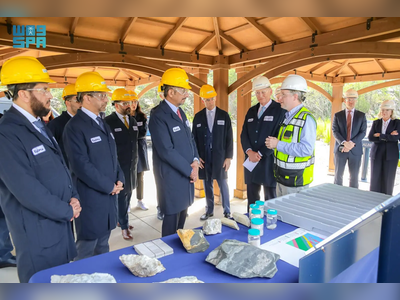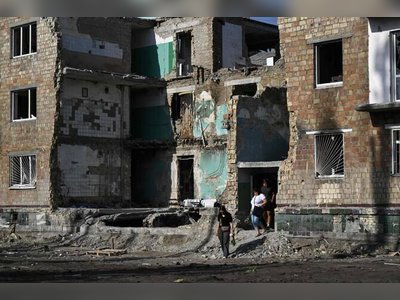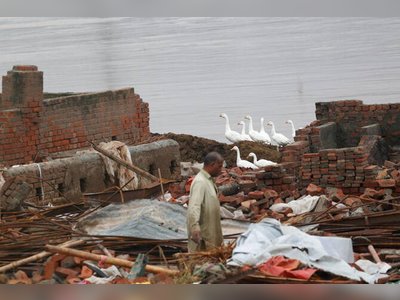
Vermont Dairy Farm Raid: Immigration Raids Cause Fear and Uncertainty in Agricultural Industry
Immigration raids on a Vermont dairy farm have sparked fear among workers and impacted the agricultural industry as a whole.
MONTPELIER: After six 12-hour shifts milking cows, José Molina-Aguilar's lone day off was hardly relaxing.
On April 21, he and seven co-workers were arrested on a Vermont dairy farm in what advocates say was one of the state’s largest-ever immigration raids.
Four of the workers were swiftly deported to Mexico.
Molina-Aguilar, released after a month in a Texas detention center with his asylum case still pending, is now working at a different farm and speaking out.
The owner of the targeted farm declined to comment.
But Brett Stokes, a lawyer representing the detained workers, said the raid sent shock waves through the entire Northeast agriculture industry.
Such uncertainty is causing problems not only in big states like California but also in small states like Vermont, where dairy is as much a part of the state’s identity as its famous maple syrup.
Nearly two-thirds of all milk production in New England comes from Vermont, where more than half the state’s farmland is dedicated to dairy and dairy crops.
There are roughly 113,000 cows and 7,500 goats spread across 480 farms, according to the Vermont Agency of Agriculture, Food and Markets, which pegs the industry’s annual economic impact at $5.4 billion.
That impact has more than doubled in the last decade, with widespread help from immigrant labor.
The raids have left workers in a state of fear and uncertainty as they try to navigate the mixed messages coming from Washington.
President Donald Trump's administration initially paused worksite enforcement but later stated that such measures would continue.
The situation is having a significant impact on Vermont’s dairy industry, which relies heavily on immigrant labor.
On April 21, he and seven co-workers were arrested on a Vermont dairy farm in what advocates say was one of the state’s largest-ever immigration raids.
Four of the workers were swiftly deported to Mexico.
Molina-Aguilar, released after a month in a Texas detention center with his asylum case still pending, is now working at a different farm and speaking out.
The owner of the targeted farm declined to comment.
But Brett Stokes, a lawyer representing the detained workers, said the raid sent shock waves through the entire Northeast agriculture industry.
Such uncertainty is causing problems not only in big states like California but also in small states like Vermont, where dairy is as much a part of the state’s identity as its famous maple syrup.
Nearly two-thirds of all milk production in New England comes from Vermont, where more than half the state’s farmland is dedicated to dairy and dairy crops.
There are roughly 113,000 cows and 7,500 goats spread across 480 farms, according to the Vermont Agency of Agriculture, Food and Markets, which pegs the industry’s annual economic impact at $5.4 billion.
That impact has more than doubled in the last decade, with widespread help from immigrant labor.
The raids have left workers in a state of fear and uncertainty as they try to navigate the mixed messages coming from Washington.
President Donald Trump's administration initially paused worksite enforcement but later stated that such measures would continue.
The situation is having a significant impact on Vermont’s dairy industry, which relies heavily on immigrant labor.











